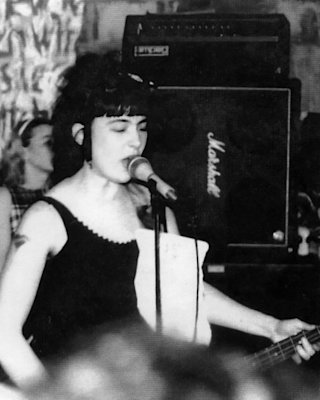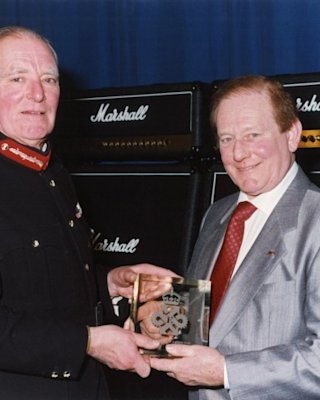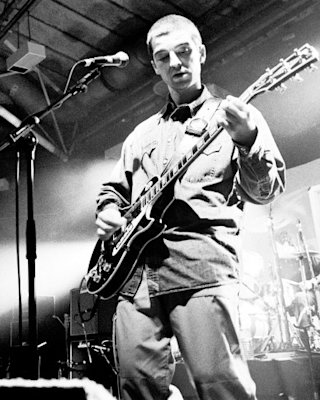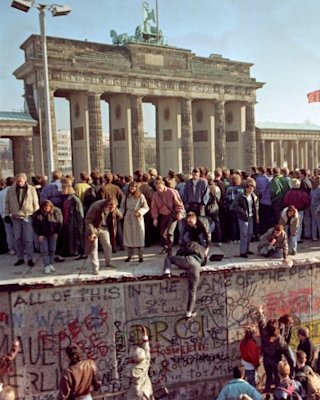
Citizens from both sides of Berlin celebrate at the Brandenburg Gate in 1989.
For decades, the term “punk” has described a wealth of defiant musical groups from places like London, Washington DC and Los Angeles. The genre, built on a DIY attitude, counter-cultural values and a spirit of rebellion, also had a prominent voice in East Berlin. Here, an underground movement played a major role in mounting opposition against the Soviet regime before the collapse of the Berlin Wall in 1989.
Punk arrived in East Berlin via broadcasts from British forces’ radios in West Berlin, and via magazines smuggled across the border. The distinctive visual style of ripped clothes and empowering slogans would be as impactful as the abrasive sounds, and in the face of oppression, a small local scene developed despite the lack of music studios or even venues to perform in. Concerts by acts like Die Anderen, Namenlos, and Wutanfall were staged illegally inside churches and in basements, with performances recorded and distributed via tape as a network of followers developed. These bands became symbolic for speaking out against the ruling party, and they vocally criticised the Stasi (secret police) in songs that were endemic of East German struggles.
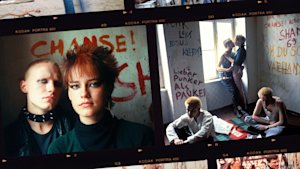
East Berlin punks squat in a graffiti-strewn apartment in 1982.
By the ‘80s, the East German government was freely targeting the punks, now considered enemies of the state. Bands were detained by the Stasi and interrogated over their lyrics and beliefs, and civilians were beaten as the act of wearing punk clothes in public became a brave oppositional statement. In January 1989, a report by the authorities identified punk as the most dangerous youth element in the country, and the leading force behind anti-government activities.
Bands became symbolic for speaking out against the ruling party
After 32 years, the Berlin Wall came down on 9 November 1989 – a monumental event that prefaced the official reunification of Germany a year later. In the wake of this moment, many East German punk bands called time on their activities. After many hard-fought battles, punk had won the war.
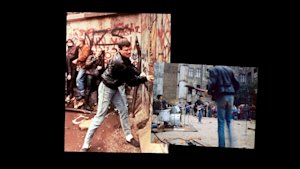
Berlin Wall being destroyed in November 1989. A guerrilla punk concert takes place in East Berlin in 1985.
